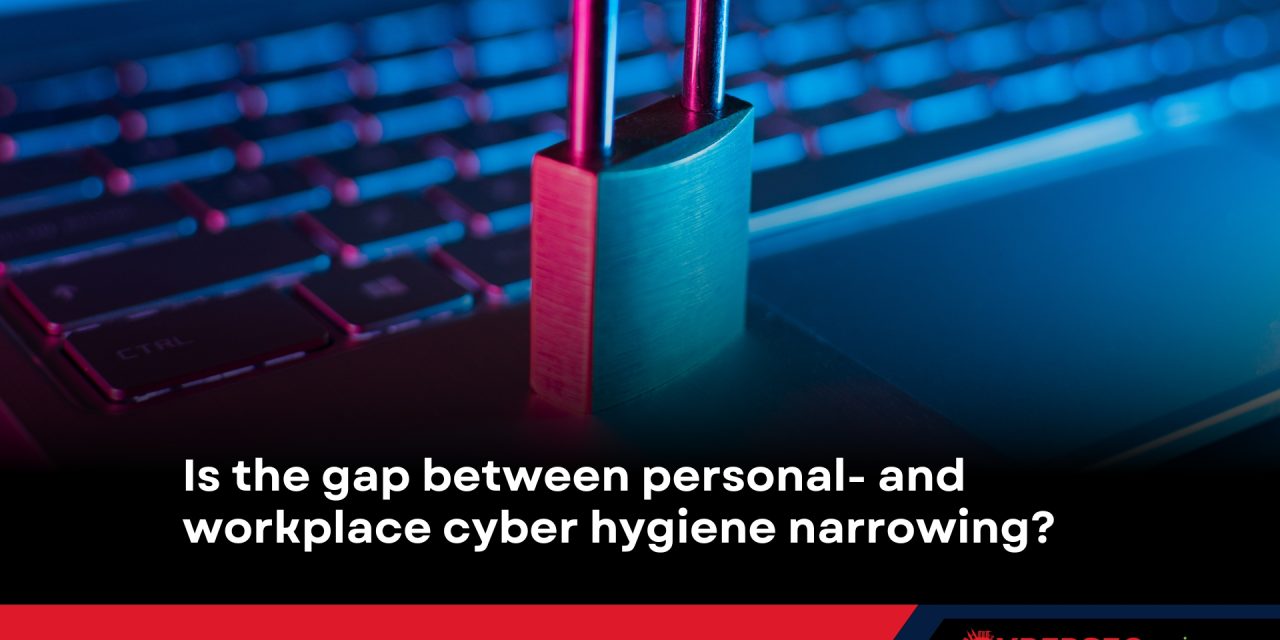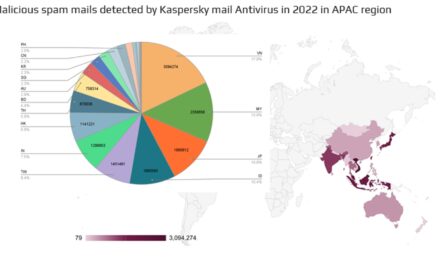According to one 10-country survey, abuses of AI and social engineering are causing personal and workplace cybersecurity responsibilities to merge
Based on a survey of 20,000 people from around the world* to gauge their awareness and perceptions of cybersecurity/AI threats in the personal and corporate realms, some findings were announced by the hardware authentication and authentication-security firm that commissioned the project.
First, 58% of respondents indicated they were using user IDs and passwords to log in to personal accounts, and 54% were doing the same to access work accounts.
Second, 72% of respondents had indicated their perception that online scams and phishing attacks have become more sophisticated; 66% indicated the attacks have been “more successful”.
Third, 39% indicated their sentiment that user IDs and password were the most secure; 37% indicated their belief that mobile SMS-based authentication was the most secure.
Other findings
Some 40% of respondents did not think that (or were not sure) the online apps and services they used were doing enough from a security standpoint to protect their data, accounts and personal information. Also, 22% indicated they had never done a personal cybersecurity audit improve personal online safety. Also:
- The most commonly compromised passwords were cited by respondents to be on the apps and services that held their most confidential, financial, and personal information. These include:
- Social media accounts: 44%
- Payment apps: 24%
- Online retailer accounts: 21%
- Messaging apps: 17%
- Banking apps: 13%
- 40% of respondents indicated they had never received cybersecurity training from the organization they work for; 27% cited their belief that the security options that their organization had in place “are very secure”.
- 34% of respondents indicated that, when they first started at the company they work for, they had not received instructions to secure their work accounts with more than just a username and password.
- 41% indicated that security measures and requirements in their organization varied based on role and title.
According to Derek Hanson, Vice President, Standards and Alliances, Yubico, the firm that commissioned the survey, “building a unified front against cyber threats requires a concerted effort to bridge the gap between perceived and actual security. When individuals fail to secure their personal accounts, they also put their workplaces at risk. This is why it’s crucial for enterprises to adopt a holistic approach to cybersecurity that considers the security of both work and personal environments. By integrating advanced security measures into all aspects of our digital lives, we can better protect ourselves, our data, and our organizations.”
*including people from Australia, India, Japan, France, Germany, Poland, Singapore, Sweden, the United Kingdom and the United States — in organizations with 1 to more-than-2,000 employees

















